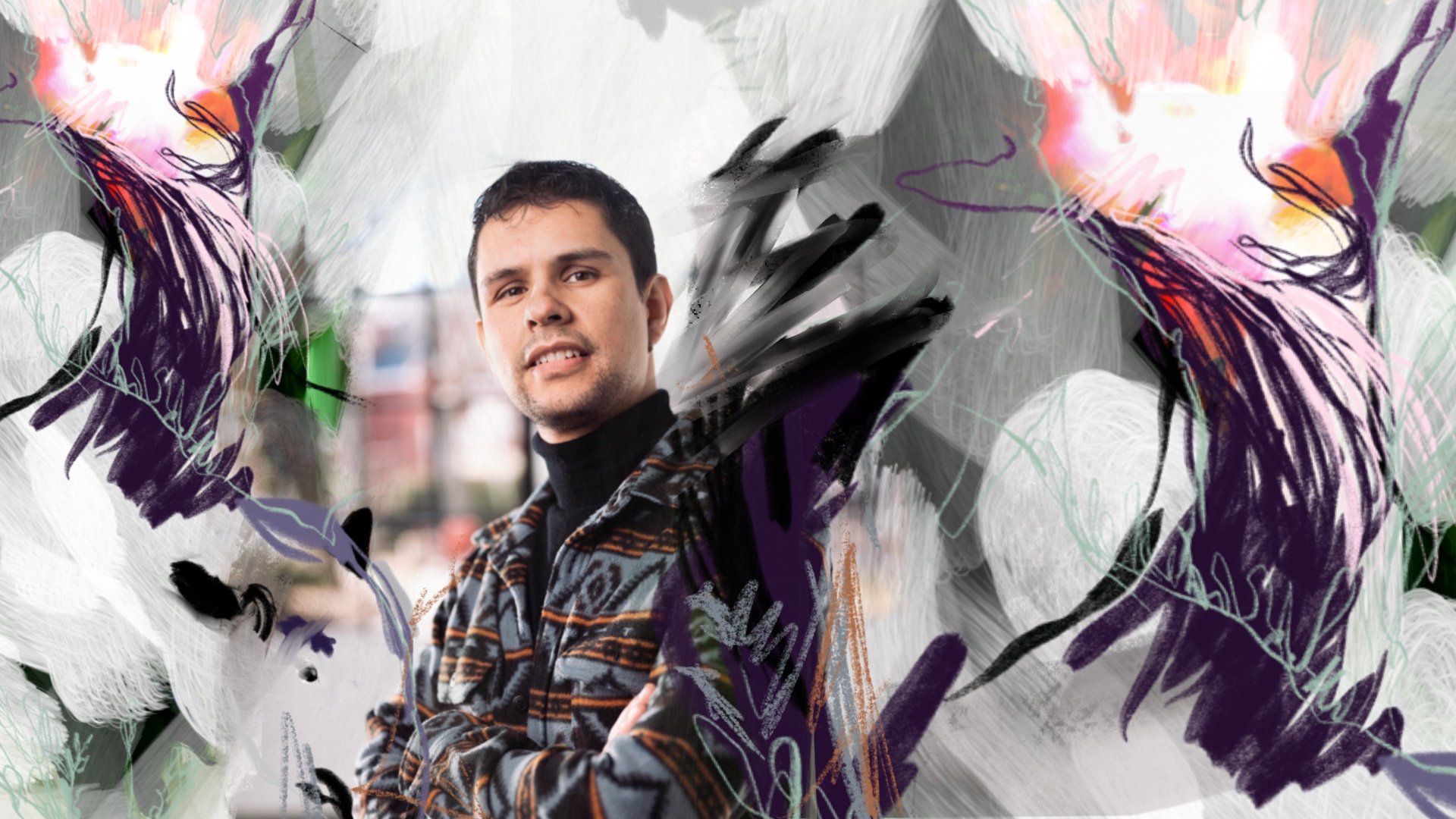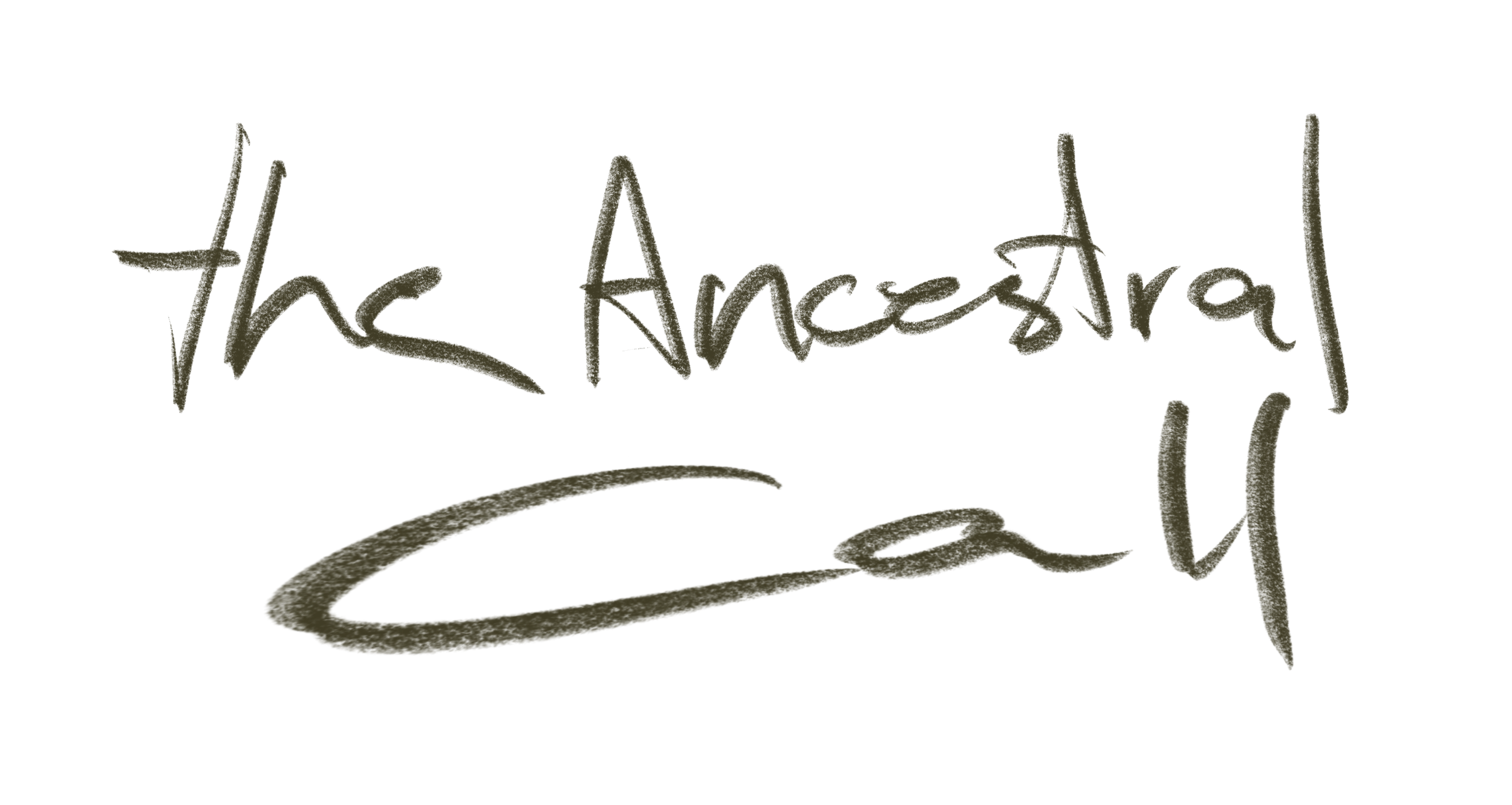"The Ancestral Call" is a unique form of contemporary chamber jazz inspired by the ancestral knowledge of Costa Rica's native Bribri society. This album is a pioneering fusion of Bribri spoken word with jazz ensemble, string quartet, and free and collective improvisation.
This recording highlights the Bribri's cultural significance, aiming to preserve their endangered language and ancestral knowledge. In this project, improvisation serves as a means to decolonize the composed pieces and craft unique musical expressions, representing the connection of the Bribri society with nature through their ancestors' respect. Thus, Bribri's philosophy and stories inspire music that brings to light and explores the complex historical intersections of injustice towards this society that need to be resolved. This project was awarded a gold medal from the Global Music Awards. It featured the Bribri cultural ambassadors Alí García Segura and Flor Morales and the great artists George Garzone and Francisco Mela.
All proceeds from the sale of the album "The Ancestral Call” will be donated to support the work of Bribri cultural ambassador and academic Alí García Segura and the Bribri Si̱wa̱' Ujtékölpa (Defenders of Knowledge) Cultural Center of the Sös community in Talamanca, Limón, Costa Rica.








READ MORE
-
If you're interested in deepening your knowledge about the Bribri culture, I cordially invite you to explore the invaluable contributions of Alí García Segura, a distinguished Bribri ambassador and prominent scholar at the University of Costa Rica (UCR). You can access more information about his work by following the provided link.
-
Ritual speech is, for the Bribri, the language through which Sibö (the most important god and cultural hero in Bribri society) and his helpers communicated. That's why the awá (Bribri spiritual guide and healer) use this form of speech during healing rituals. Although to us, this ritual language sounds like singing, for the Bribri spiritual beings, this chant is their way of speaking and conversing. The Bribri believe that plants are a means of communication with ancestral spiritual beings. When an awá diagnoses an illness, they consult with the ancestors who reside in nature through Sibö's ritual language. Thus, the spiritual being residing within the plant helps it fulfill the function of healing or the purpose for which it exists.
-
"Cognitive Injustice: a concept referring to situations of inequality, discrimination, or epistemic and social exclusion caused by a global hegemonic cognitive model that limits, renders invisible, and denies recognition and validity to different forms of knowledge." - Antoni Aguiló Bonet
"Comprising less than 5% of the world's population, indigenous peoples protect 80% of global biodiversity." - Gleb Raygorodetsky
















